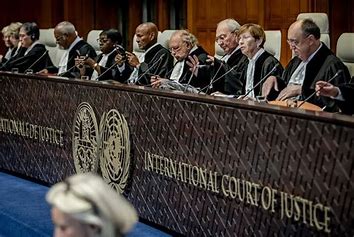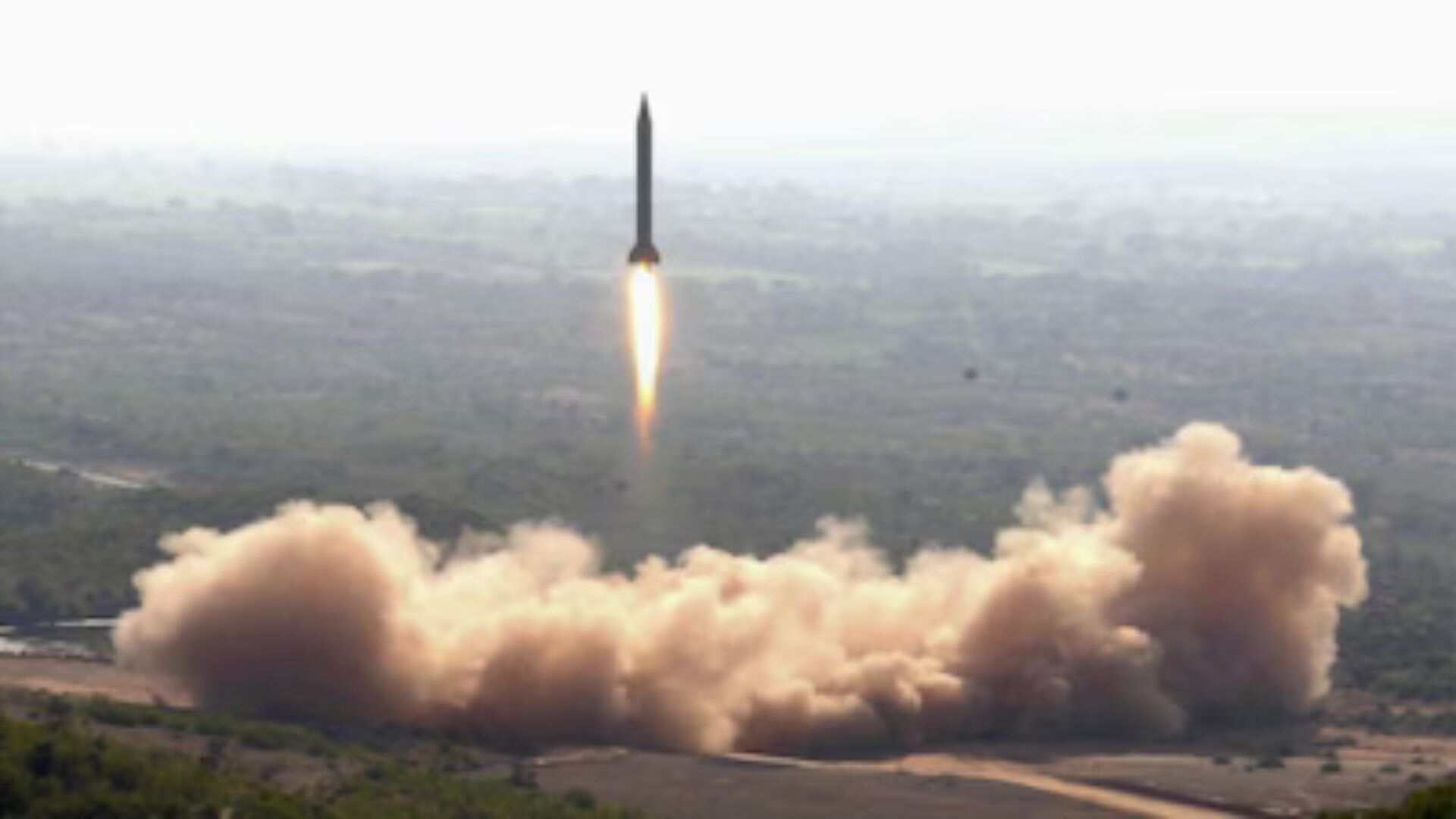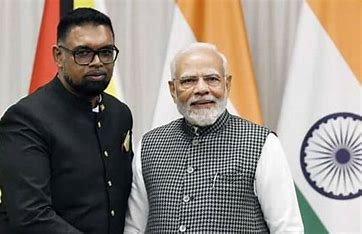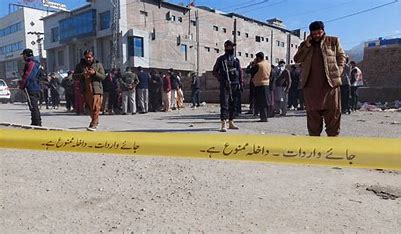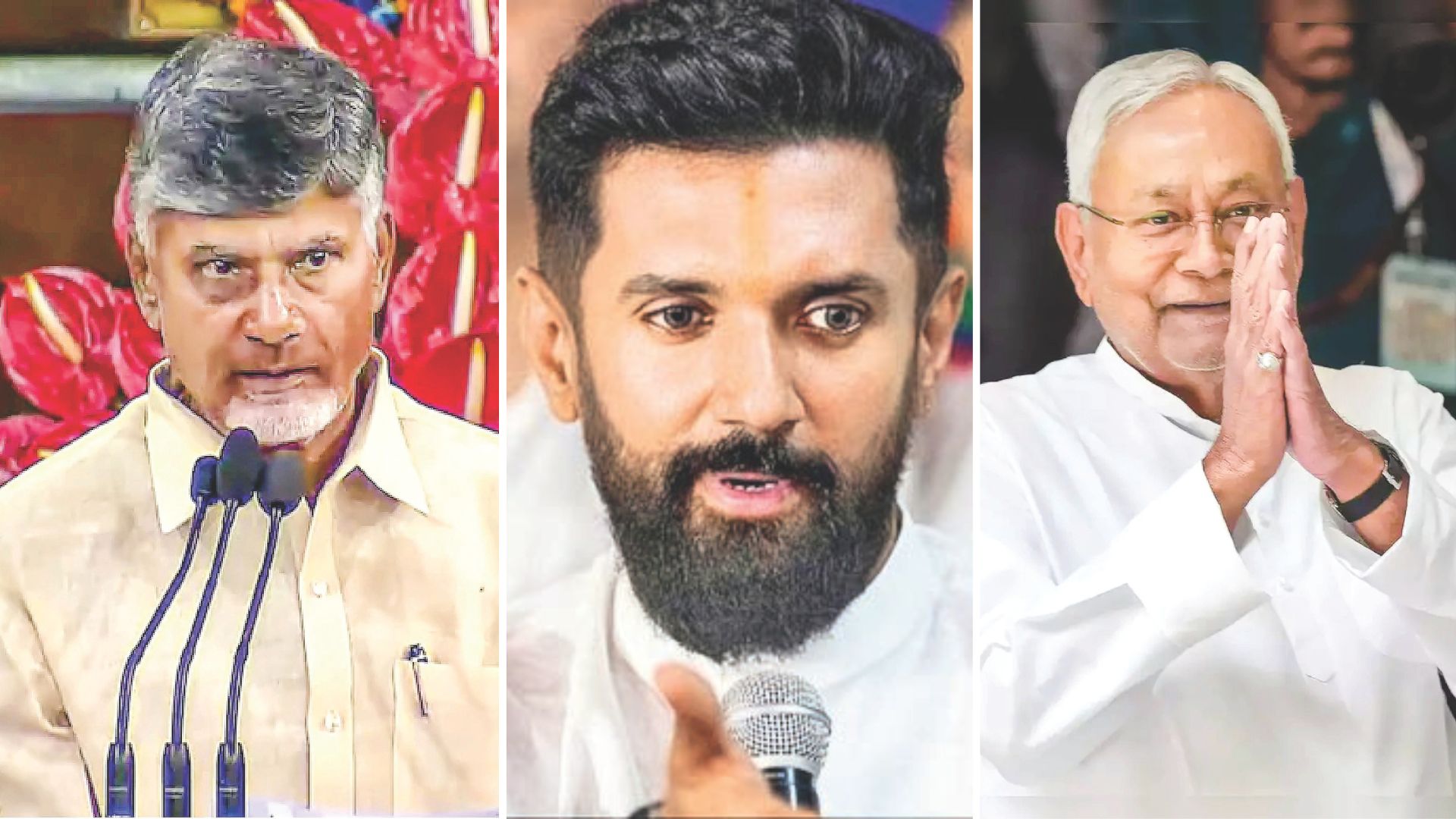
Both the Congress and the BJP have been accused of playing the big brother when it comes to regional allies. But if there is one lesson from the 2024 election results, it is that no one party can claim to be omnipresent. The two may have a national footprint throughout the country (as opposed to regional parties that are limited to their states of influence). But it is equally true that the national footprint would not be possible without the crutch of regional allies. For instance, would the Congress have done as well in Tamil Nadu, Uttar Pradesh, Maharashtra, Jharkhand and J&K without its local allies? Similarly, the BJP would not be able to form government at the Centre and cross the 272 mark without Chandrababu Naidu and Nitish Kumar (Chirag Paswan is additional baggage that the Prime Minister is humoring for now, but I would not be surprised if Paswan is the first casualty once the BJP starts grooming its own local leadership in Bihar.
This is something young Chirag should do well to keep in mind, for the Prime Minister may indulge him with a pat on the back now and then, but Narendra Modi and Amit Shah can be very ruthless in discarding those that stand in the way of their own party’s interests. And the local BJP unit does not get along well with someone whose ambitions don’t match his stature. But, I digress.)
Back to the politics of coalition dharma. There are four assembly elections coming up as well as the crucial set of ten by-polls in Uttar Pradesh. The Congress and the National Conference have been the first off the bat and announced the seat sharing for Jammu & Kashmir, with the National Conference getting the larger chunk of 51 and the Congress getting 32.
The Congress, having realized that its regional ally has the advantage in the Union Territory of J&K has wisely allowed the NC to have the larger share. But will it practice the same principle in Maharashtra and Uttar Pradesh? In Maharashtra, the Udhav Thackeray’s Sena is hopeful of projecting their leader as the CM face of the alliance. After all, he is a former CM. However this will not go down well with the local congress leaders in the state who also fancy a chance at wresting the state away from the BJP and its allies, the Mahayuti alliance. The Maharashtra unit of the Congress party claims that while theirs is a pan Maharashtra party, the Sena is limited to certain pockets. How will the Congress leadership at the Centre handle this? Will Mallikarjun Kharge and Rahul Gandhi keep the peace for the larger goal of defeating the BJP and give in to the Sena’s demands? Or will they concede to their own party workers? The third ally in this combination, Sharad Pawar, seems content to play kingmaker for that is where his clout comes from.
A similar dilemma awaits the Congress in Uttar Pradesh for the Samajwadi Party is in no mood to concede the lion’s share to the Congress. It wants to fight atleast six if not more of the ten bypolls while the Congress will push for an equal share. Unlike Maharashtra however, in Uttar Pradesh the Congress is yet to groom a leader of stature, let alone anyone who can match Akhilesh Yadav’s pan-state appeal.
The BJP too is in a similar dilemma. Already its allies in Andhra Pradesh and Bihar have flexed their muscle on critical issues like the Wafk Board amendments. Will it take a lesson in appeasement when it comes to negotiating seats with the Mahayuti alliance partners.
Will it go with Eknath Shinde as the CM face again or promote a BJP leader as is the demand from its cadres? The NCP faction of Ajit Pawar too will not be dismissed easily when it comes to seat sharing despite its abysmal performance during the Lok Sabha elections. Then again, Ajit Pawar’s clout really is at the assembly level. Similarly Eknath Shinde’s nuisance value could be more than his on ground performance but the BJP will have to pander to his demands. As For Haryana, the BJP seems more keen on breaking individual leaders (mostly from the Congress) than forging any alliances, while the Congress is quite confident of going it alone, minus the Aam Admi Party this time.
In the end what matters most is that we see a vibrant democracy at play and that is the one big takeaway from the 2024 verdict.


